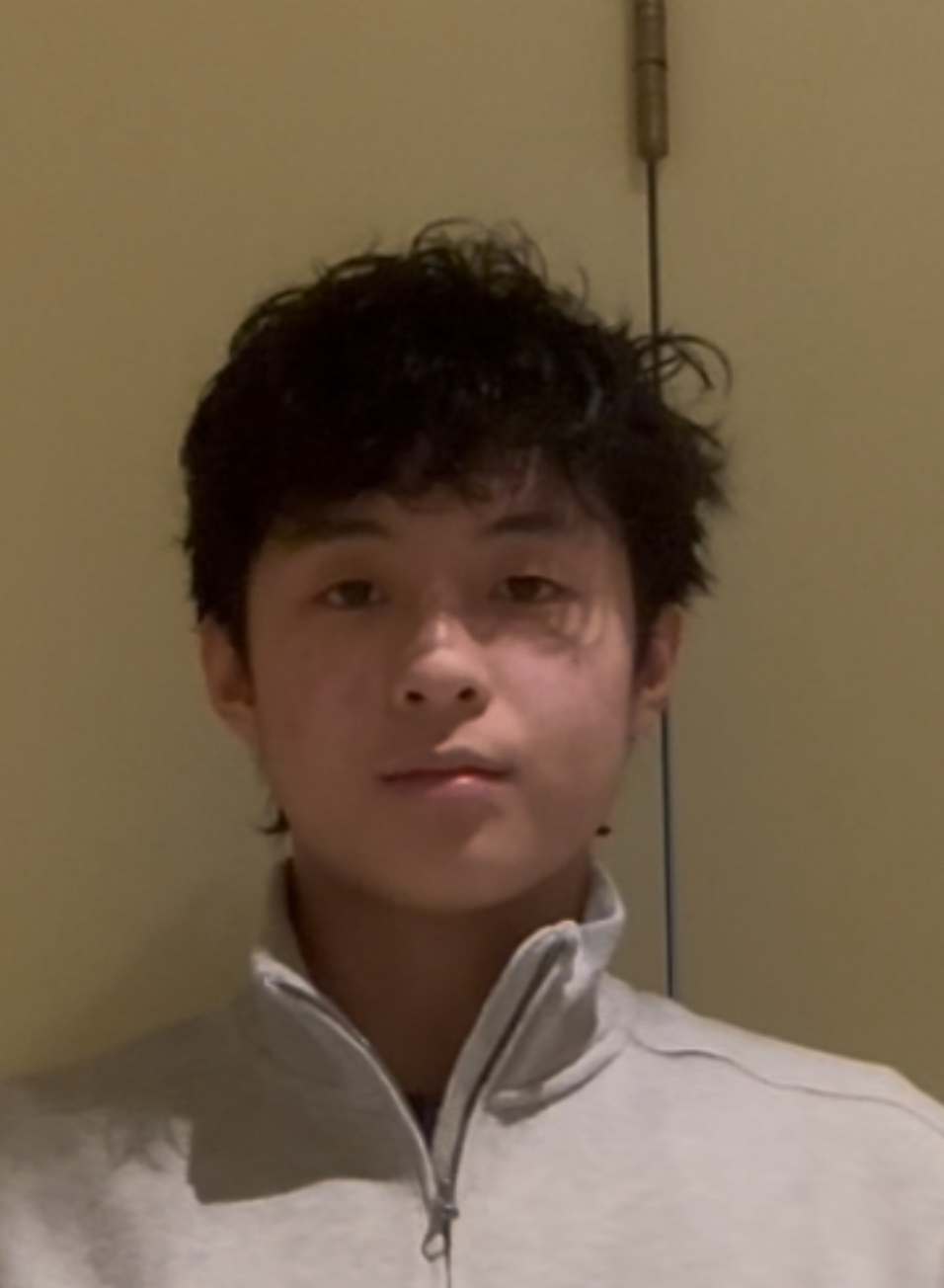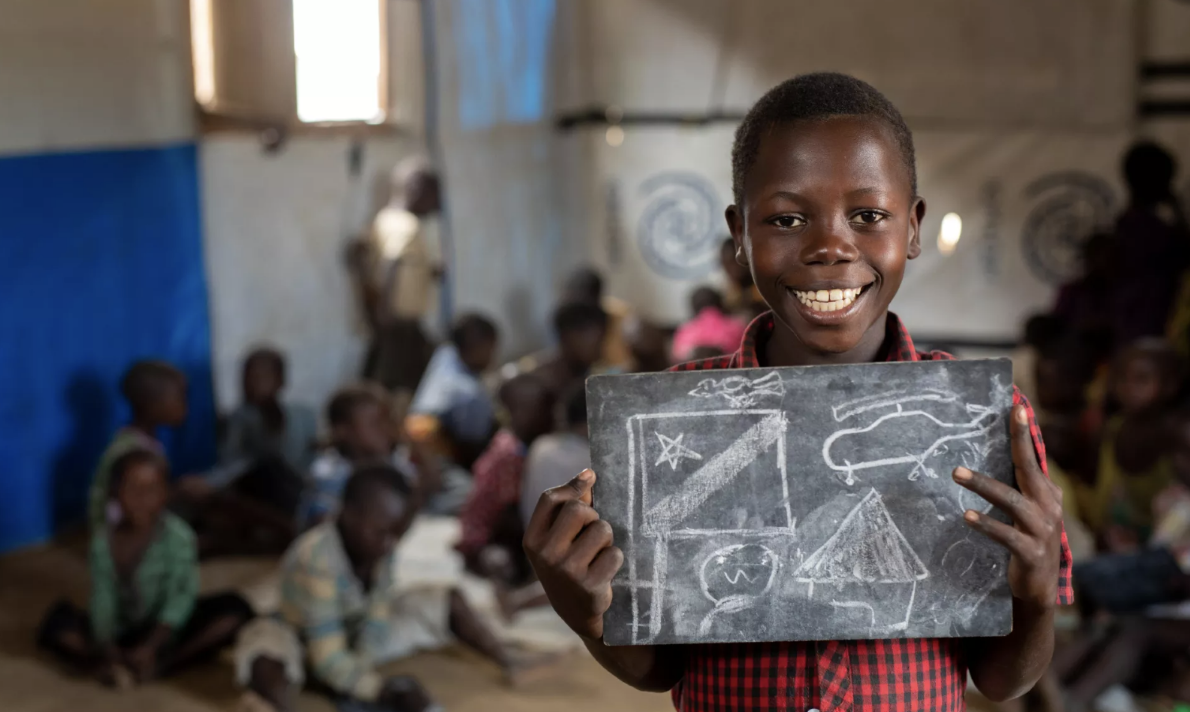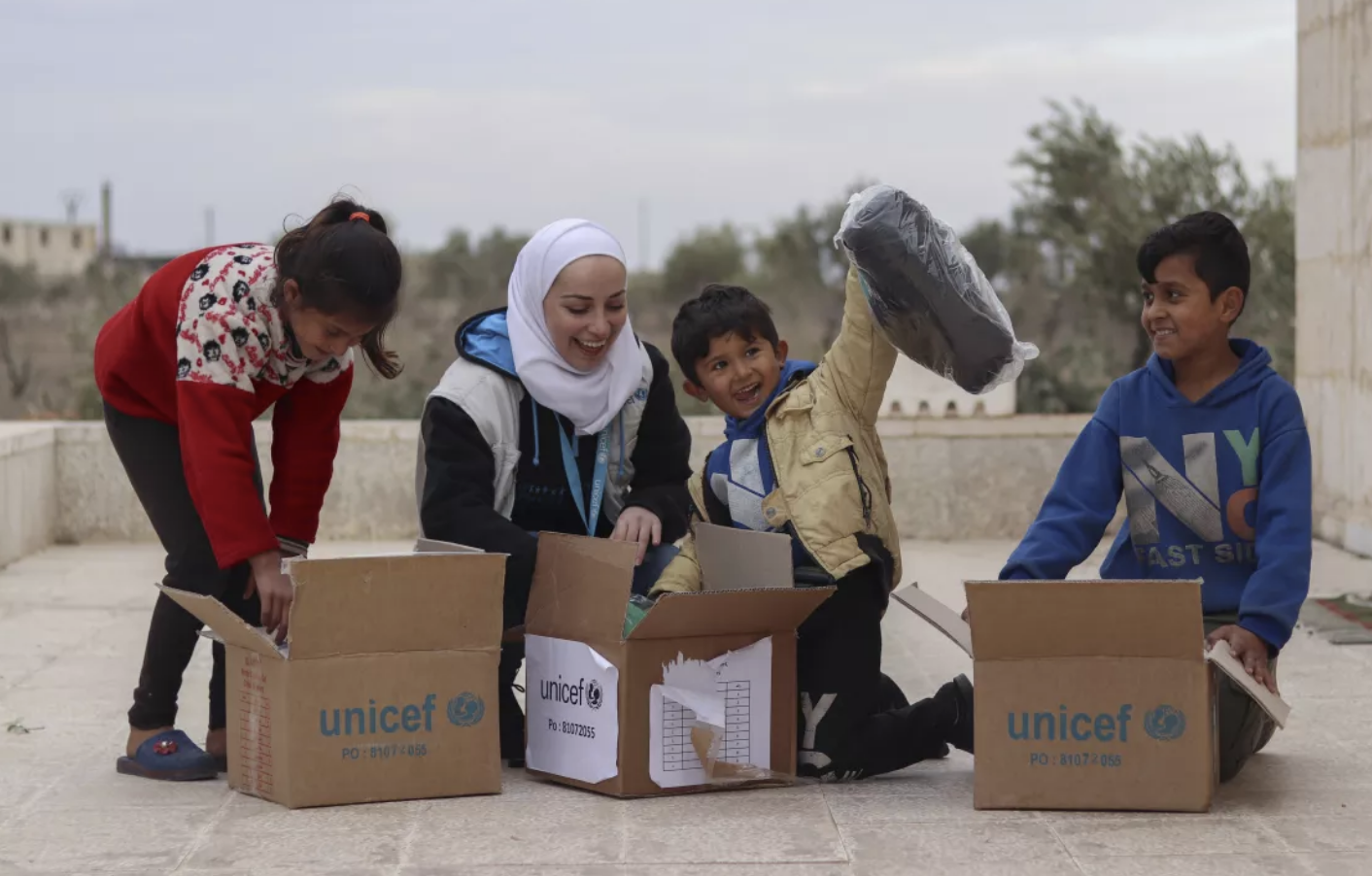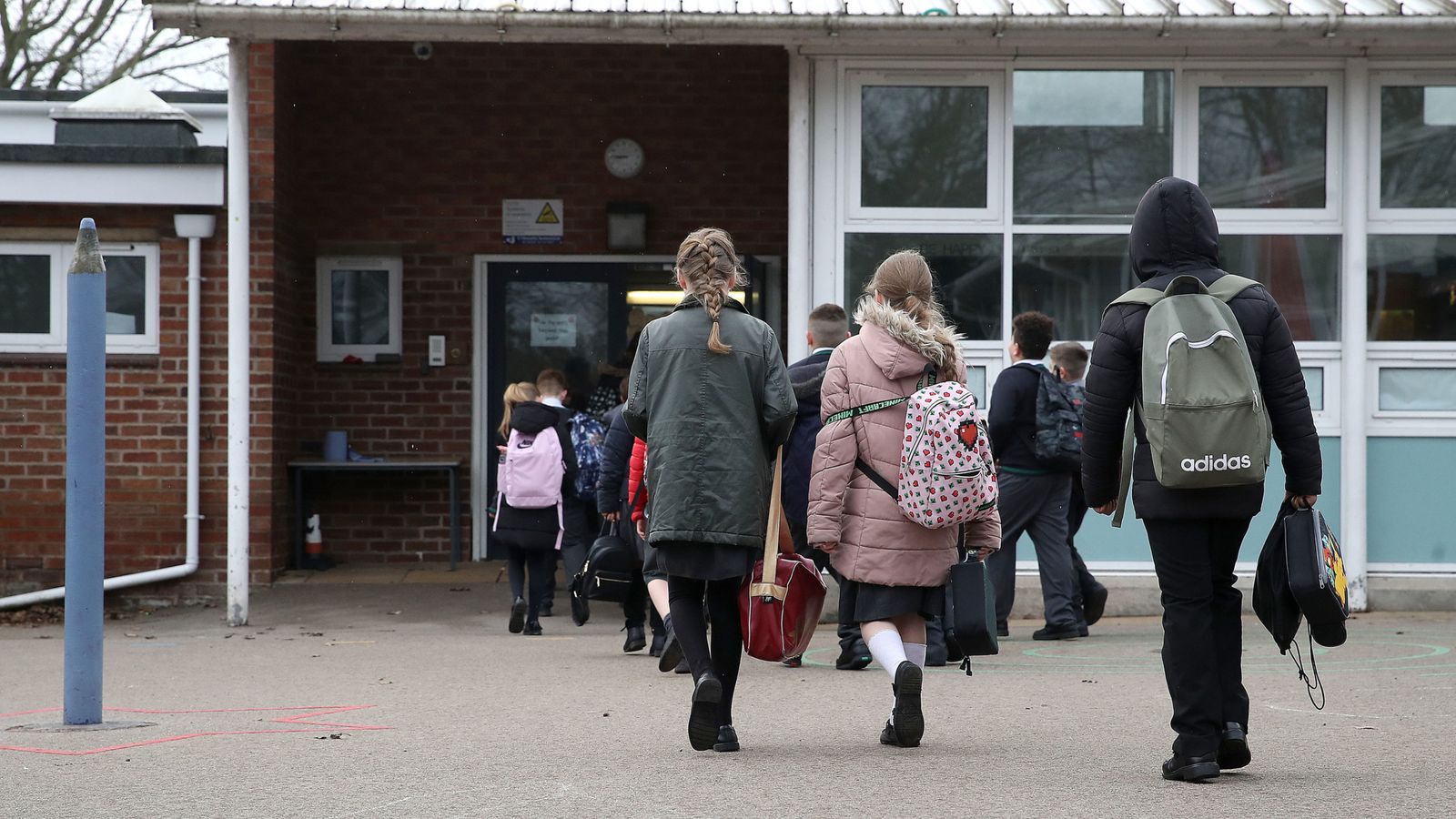Breaking Barriers: UNICEF's Fight Against Period Poverty
How innovative solutions and community engagement are transforming menstrual health worldwide
Menstruation is a natural biological process, yet for millions of girls worldwide, it remains a significant barrier to education, health, and dignity. Period poverty—the lack of access to menstrual products, hygiene facilities, and education—affects millions, limiting opportunities and reinforcing gender inequality. UNICEF has been at the forefront of tackling this overlooked crisis, ensuring that no girl is held back simply because of her period.
The Harsh Reality of Period Poverty
For many girls, menstruation means missing school, facing stigma, or resorting to unsafe alternatives like rags, leaves, or even newspapers due to the unavailability of sanitary products. The impact extends far beyond immediate health concerns, affecting education, economic opportunities, and social participation.
Critical Challenges
- Limited access to sanitary products in rural areas
- Inadequate school facilities for menstrual hygiene
- Cultural taboos preventing open discussion
- Economic barriers to accessing menstrual products
Cultural taboos in many regions prevent open discussions, leaving girls uninformed and vulnerable to health risks. Breaking this silence is crucial for empowering the next generation.
UNICEF's Innovative Solutions
UNICEF recognizes that menstrual health is a human rights issue. Through innovative programs and partnerships, UNICEF is transforming how communities approach menstrual health:
Key Initiatives
- Distribution of sustainable menstrual products
- Installation of girl-friendly facilities in schools
- Community education and awareness programs
- Policy advocacy for menstrual health integration
Community Impact
UNICEF's approach combines immediate relief with long-term solutions. By working with local communities and organizations, UNICEF ensures sustainable change that respects cultural contexts while promoting health and dignity.



